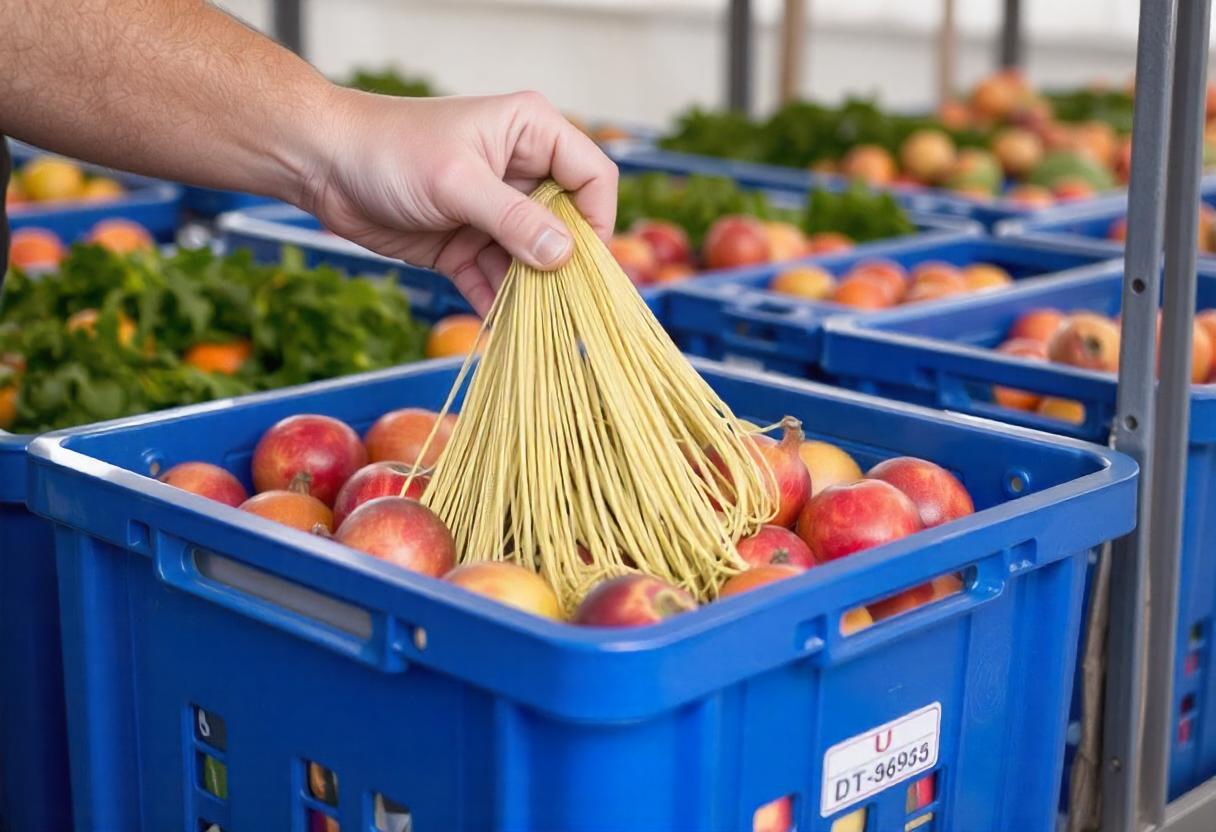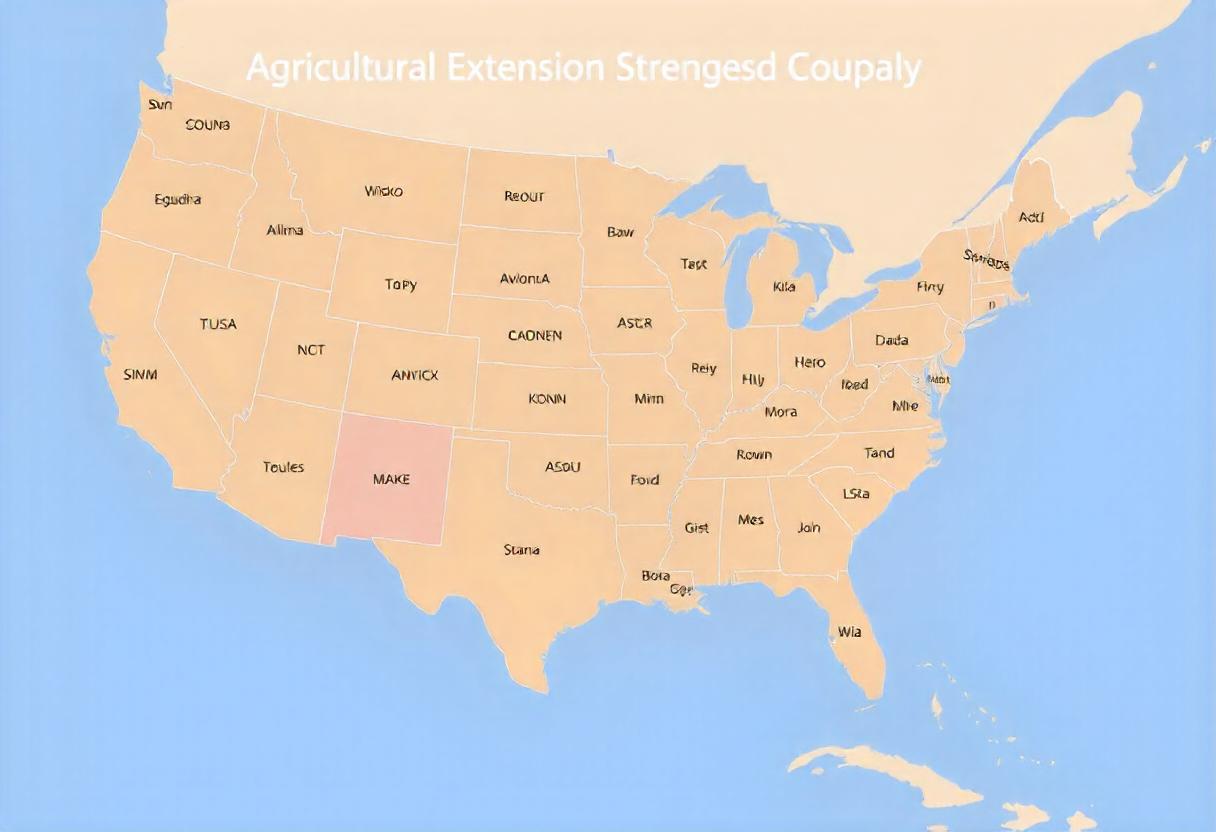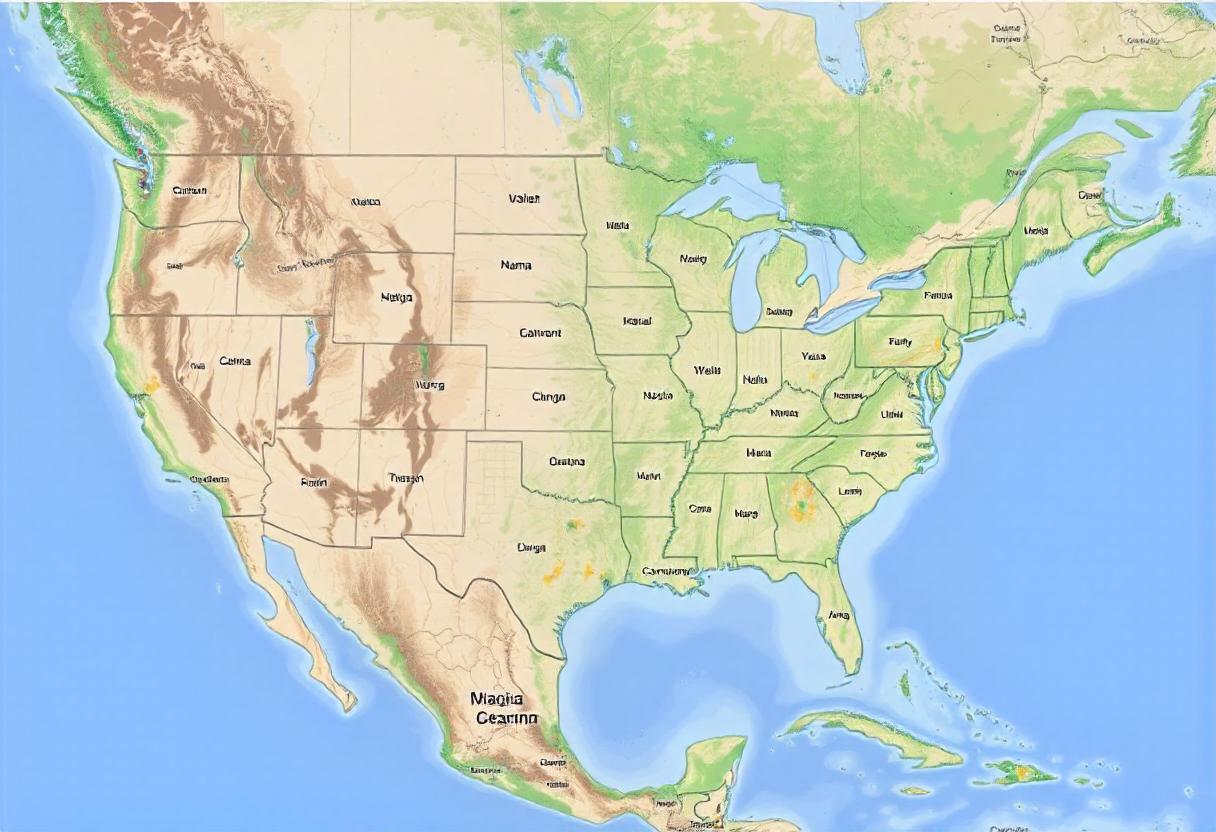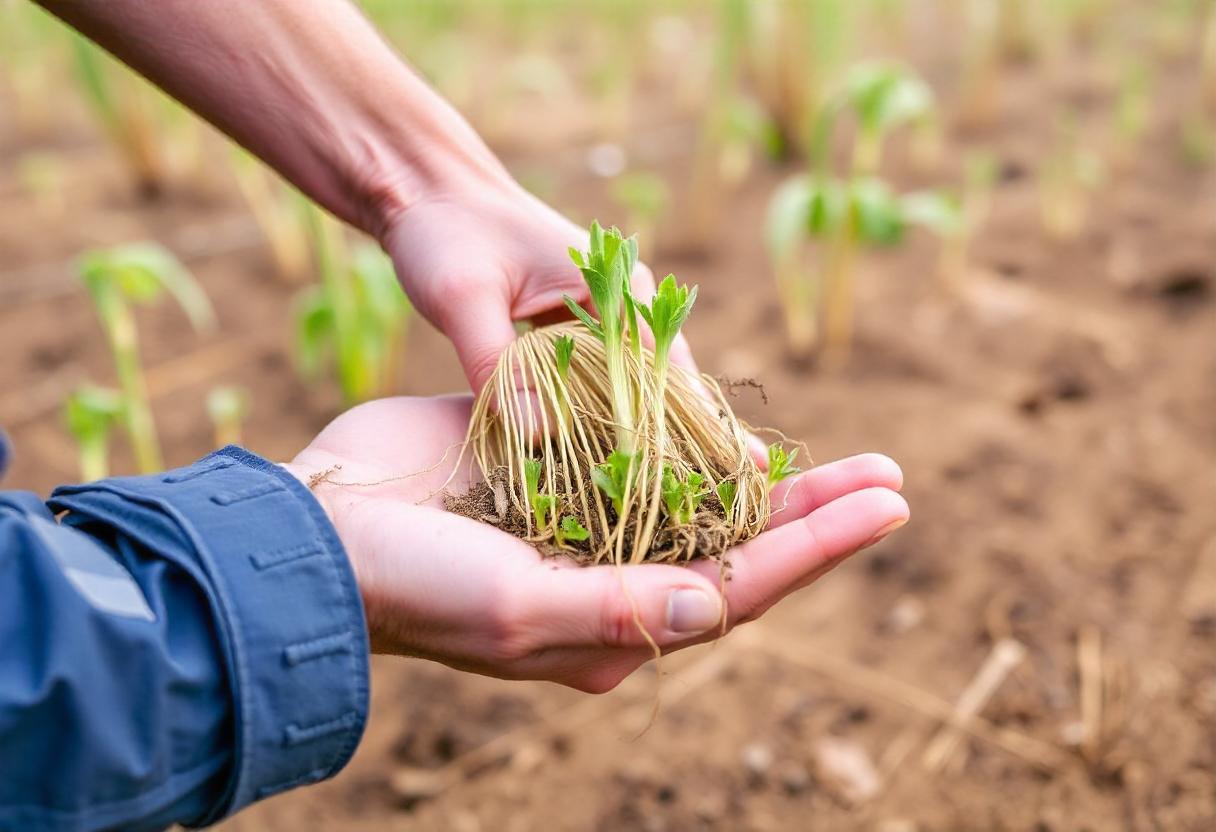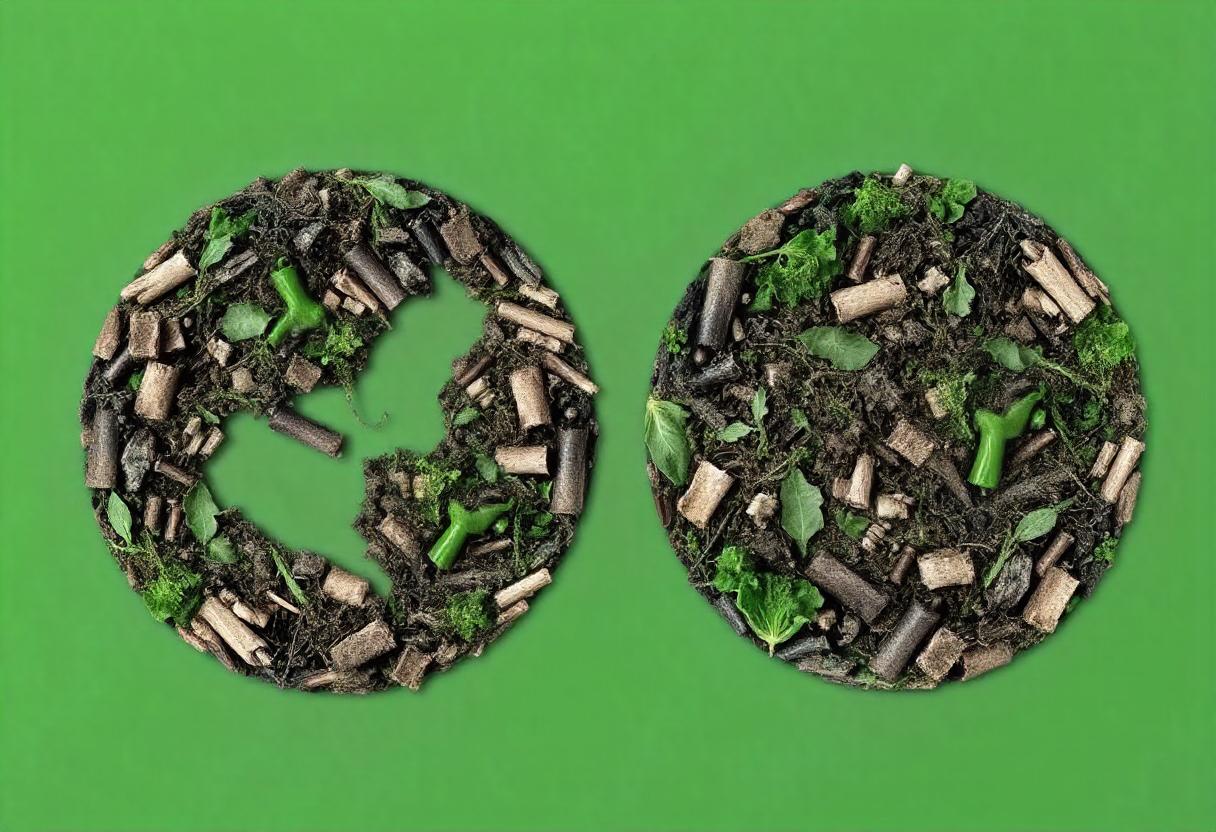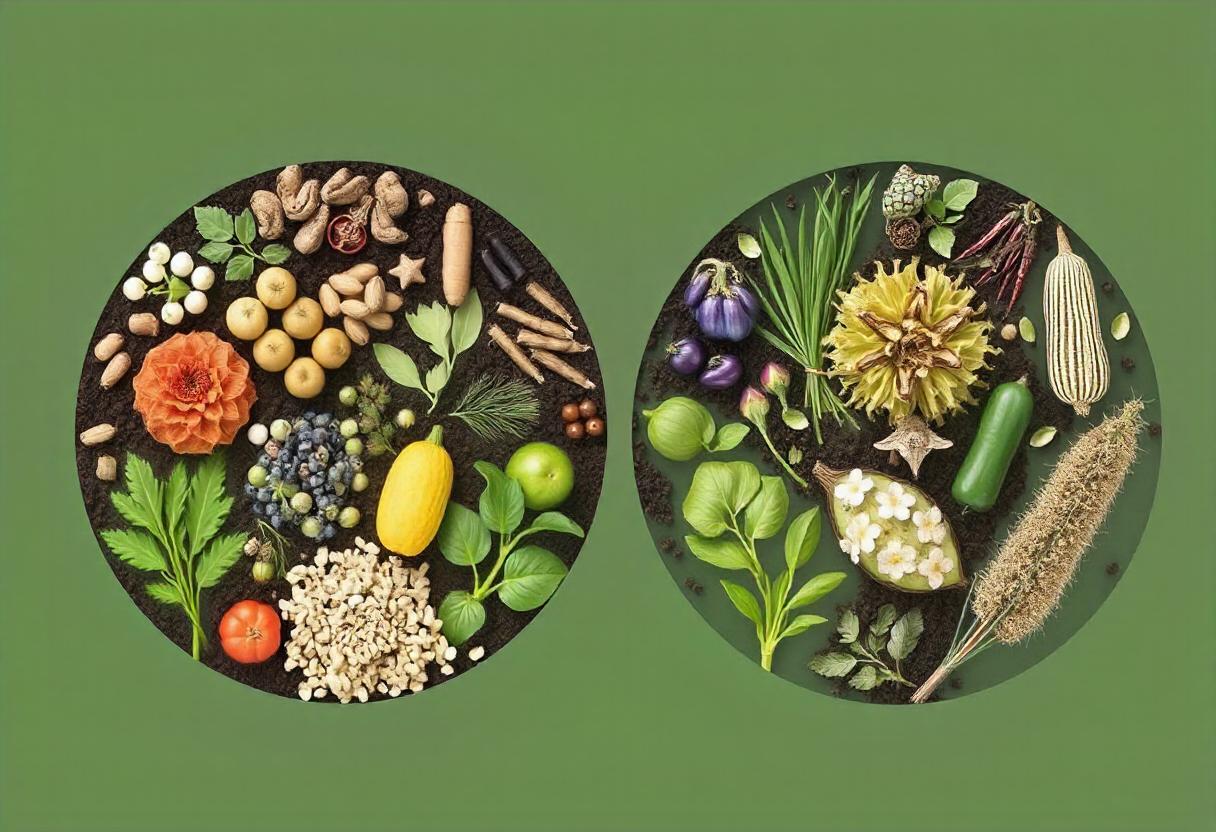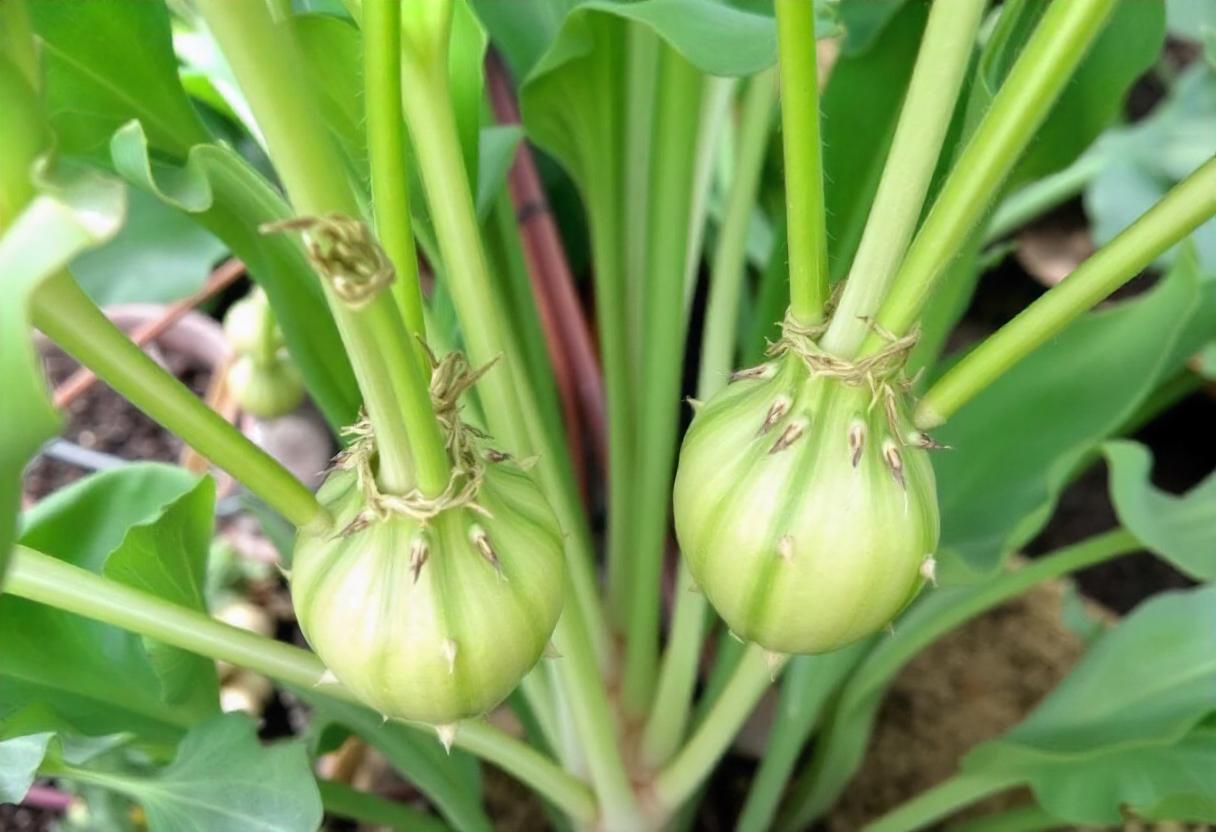Post-Harvest Handling And Storage
Post-harvest handling and storage are crucial aspects of agriculture that directly impact the quality, safety, and profitability of agricultural products. Proper management of these processes ensures that produce reaches consumers in optimal condition. Importance of Post-Harvest Handling Post-harvest handling involves the various processes and techniques used
Learn MoreRural Development And Agriculture
The Role of Agriculture in Rural Development Agriculture is fundamental to rural development, acting as a key driver of economic growth and poverty alleviation. It provides employment to a significant portion of the rural population and contributes to food security. The growth of agriculture stimulates the
Learn MoreAgricultural Extension Services
Agricultural extension services play a crucial role in enhancing the productivity and sustainability of farming practices. They provide farmers with the knowledge, skills, and resources needed to improve their agricultural operations. Role of Agricultural Extension Services Agricultural extension services serve as a bridge between researchers, government
Learn MoreMechanization And Farm Equipment
Mechanization in agriculture refers to the use of machinery to increase productivity, efficiency, and reduce manual labor on farms. Farm equipment plays a crucial role in this process, revolutionizing how agricultural tasks are performed. From planting and harvesting to irrigation and soil preparation, modern farm equipment
Learn MorePollinators And Agriculture
Pollinators play a crucial role in agriculture by facilitating the reproduction of plants. Their activities are vital for the production of many fruits, vegetables, nuts, and seeds. Understanding their significance can help improve agricultural practices and ensure a sustainable food supply. The Importance of Pollinators in
Learn MoreLand Use And Conservation
The Importance of Land Use Planning Land use planning is a critical process that involves managing how land is used and developed. It ensures that land resources are utilized efficiently and sustainably, balancing development with conservation efforts. Proper planning helps in minimizing environmental impact, preserving natural
Learn MoreRegenerative Agriculture
Regenerative agriculture is an approach to farming and land management that focuses on improving soil health, increasing biodiversity, and enhancing ecosystem resilience. This method goes beyond sustainable practices by aiming to restore and regenerate the health of the land. Core Principles of Regenerative Agriculture Regenerative agriculture
Learn MoreImpact Of Agricultural Waste On The Environment
Agricultural activities generate a significant amount of waste, including crop residues, animal manure, and agrochemical by-products. This waste can have various environmental impacts, affecting soil, water, and air quality. Soil Degradation Agricultural waste, particularly when left unmanaged, can lead to soil degradation. For instance, excessive use
Learn MoreAgrobiodiversity And Crop Varieties
Agrobiodiversity, the diversity of life forms associated with agriculture, plays a crucial role in ensuring sustainable food systems and resilient agricultural practices. This article explores the importance of agrobiodiversity and the various crop varieties that contribute to it. Understanding Agrobiodiversity Agrobiodiversity encompasses the variety of crops,
Learn MoreSeed Saving And Heirloom Crops
Seed saving is a traditional practice that involves collecting seeds from mature plants for future planting. This practice is crucial for maintaining genetic diversity, preserving plant varieties, and ensuring food security. Heirloom crops, which are traditional varieties passed down through generations, play a significant role in
Learn More